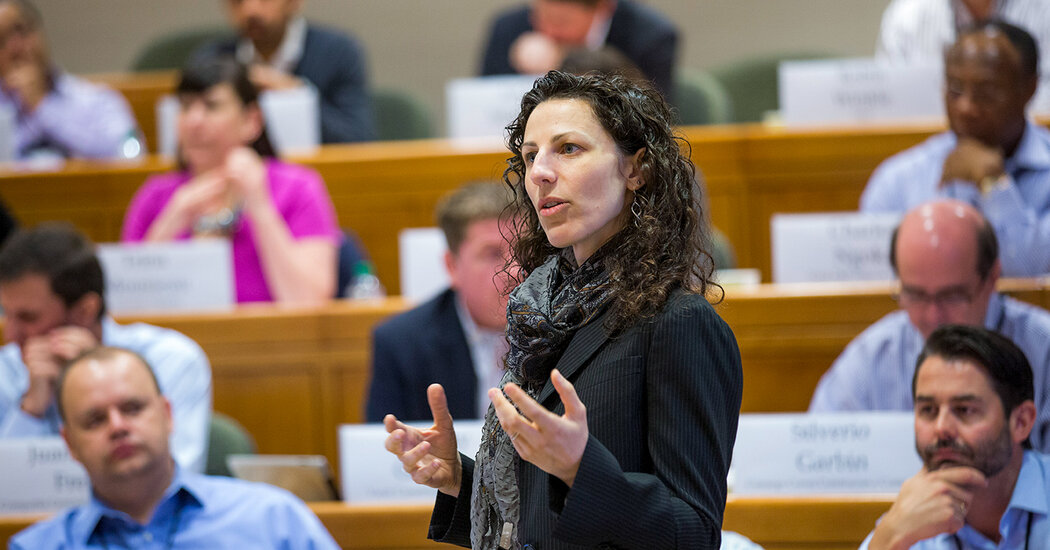I’m trying not to be snarky here, but it really fucks me up that so much of the workplace personality-quiz-pop-science that makes workplace social interactions a minigame full of landmines and reinforces so much of normalcy is derived from the vibe based musings of Harvard Business School professors. Even if the survey responses were completely unaltered and the researchers weren’t lying it would still be extremely fucked up.
Many behavioral scientists believe that, once we better understand how humans make decisions, we can find relatively simple techniques to, say, help them lose weight (by moving healthy foods closer to the front of a buffet) or become more generous (automatically enrolling people in organ donor programs).
Behaviourism is reprehensibly evil in a way that’s hard to overstate. This field seeks to leverage behaviourism against basically every person for Q2 revenue growth reasons. The fake example reasons here are also sus, but nothing compared to corporate examples or the underlying framework. The NYT (and other outlet) framing of “little hacks that have a big impact” launder the paternalism of behaviourist aims and the dehumanization of their approach.
The book helped introduce mainstream audiences to the quirks of human reasoning that economists traditionally ignored because they assumed people act in their self-interest. Behavioral science seemed to offer easy fixes for nonrational acts, such as our tendency to save too little or put off medical visits. It rode a wave of popular interest in social science, which had made hits of recent books like “The Tipping Point,” by the journalist Malcolm Gladwell, and “Freakonomics,” by the economist Steven Levitt and the journalist Stephen Dubner.
lol. lmao.
In an interview, Dr. Kahneman, the Nobel Prize winner, suggested that while the efforts of scholars like the Data Colada bloggers had helped restore credibility to behavioral science, the field may be hard-pressed to recover entirely. “When I see a surprising finding, my default is not to believe it,” he said of published papers. “Twelve years ago, my default was to believe anything that was surprising.”
ugh



